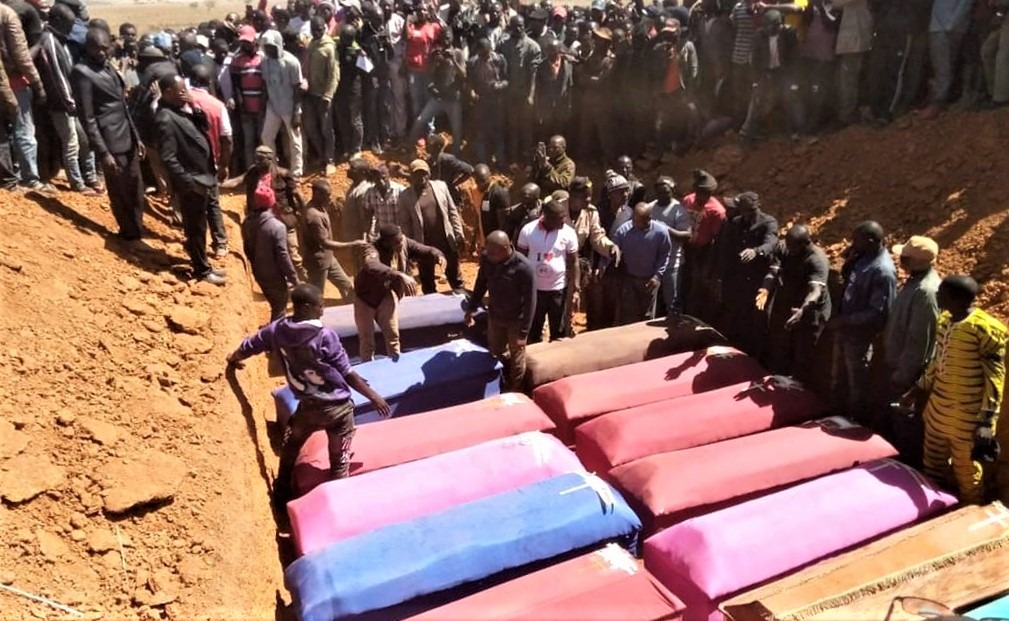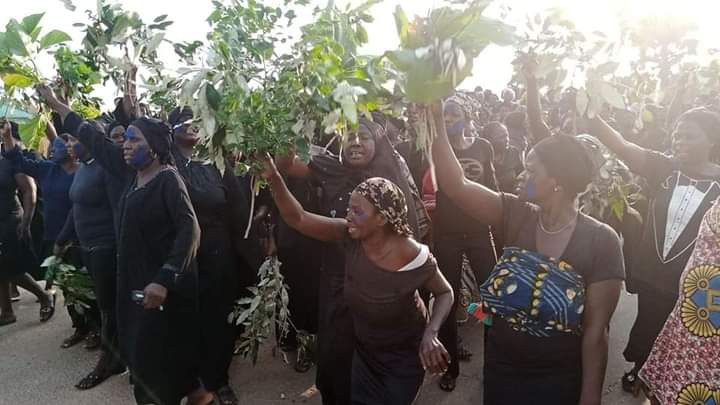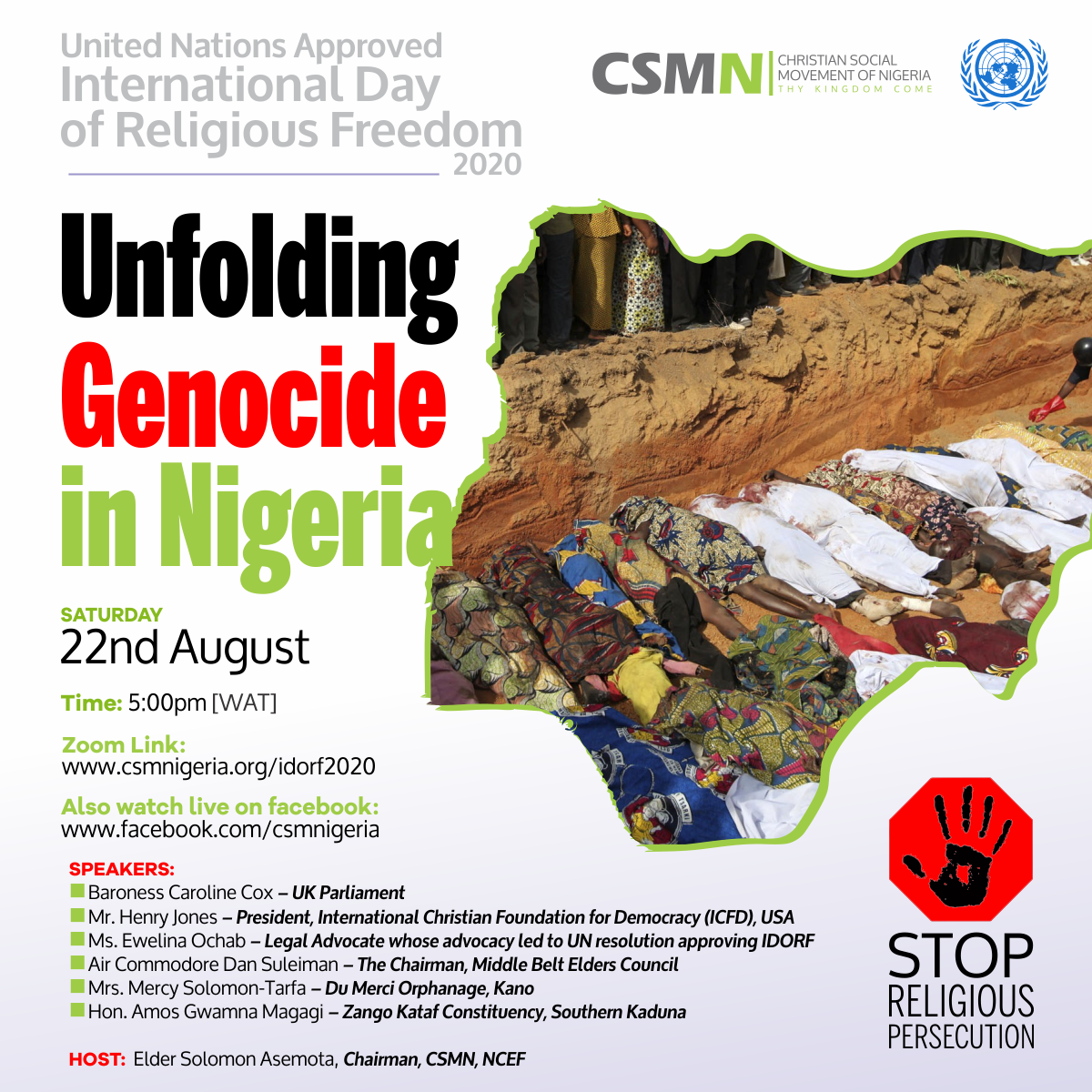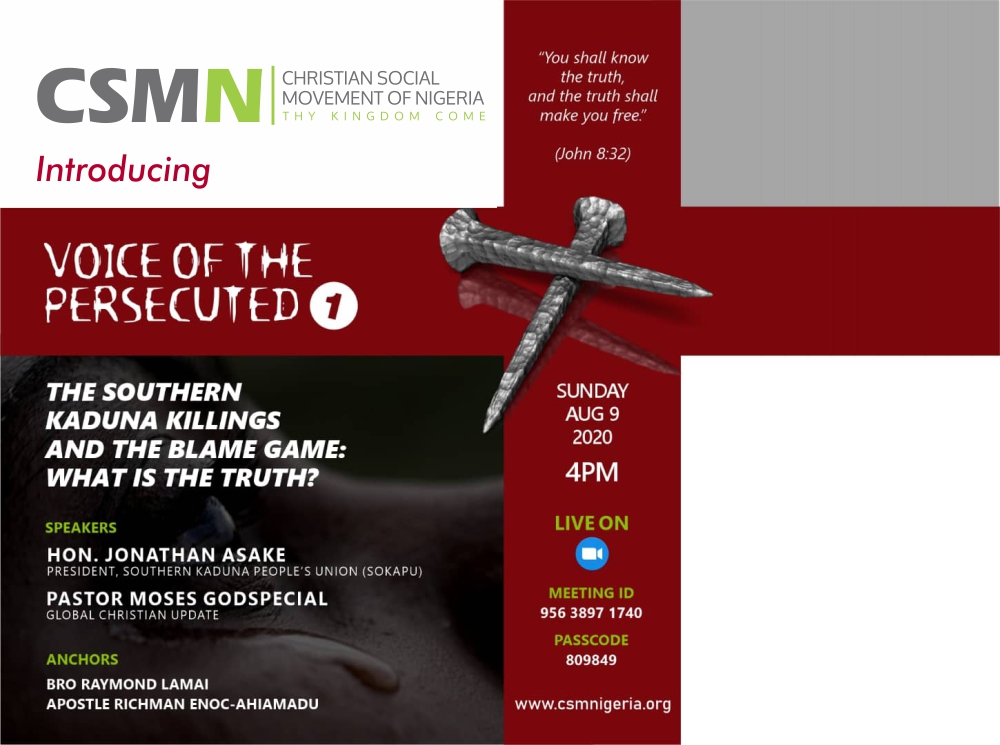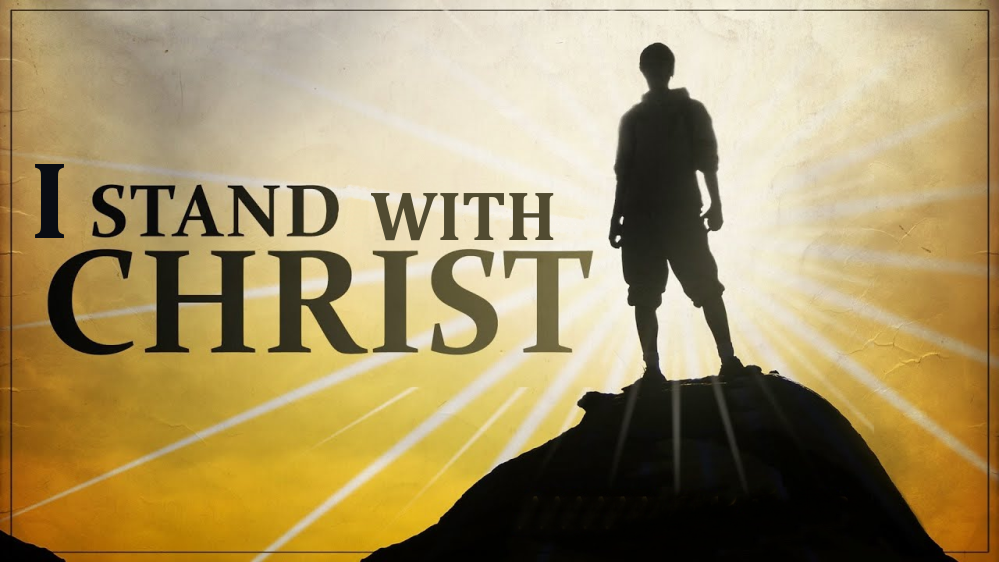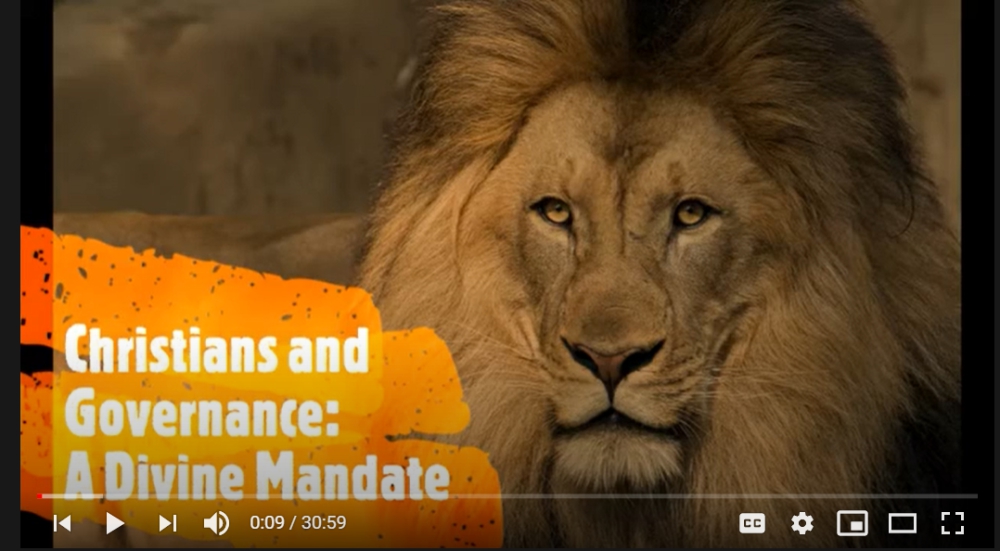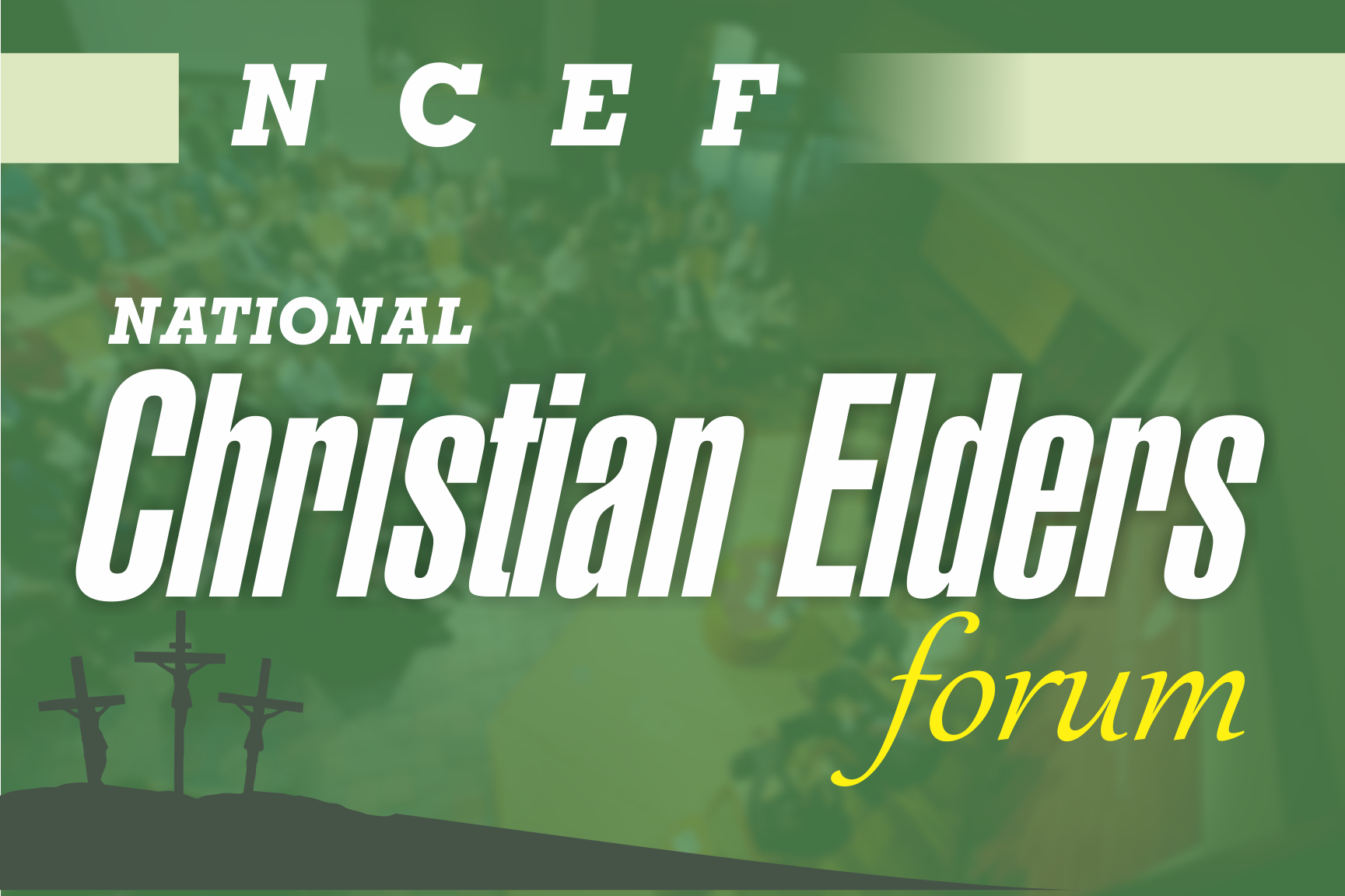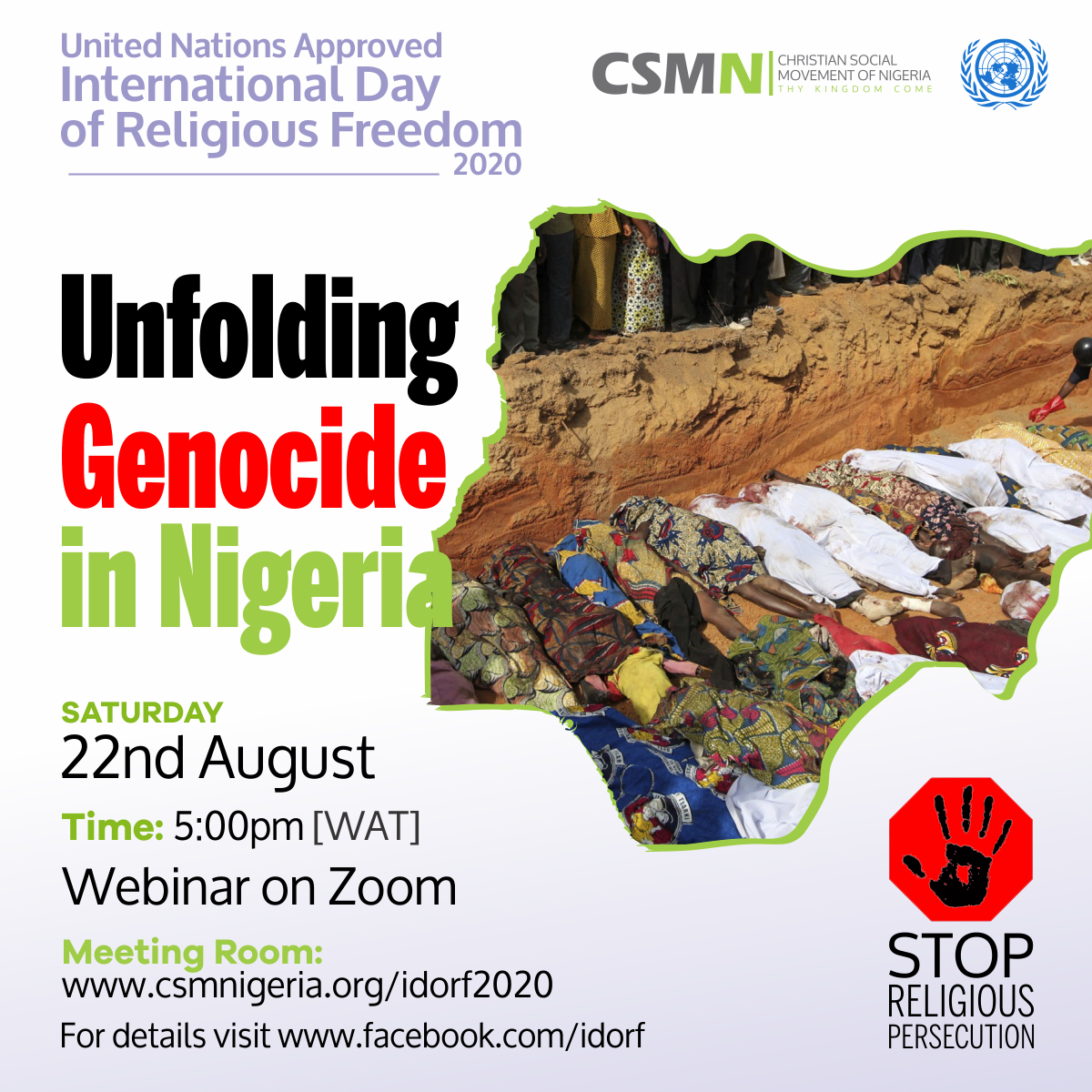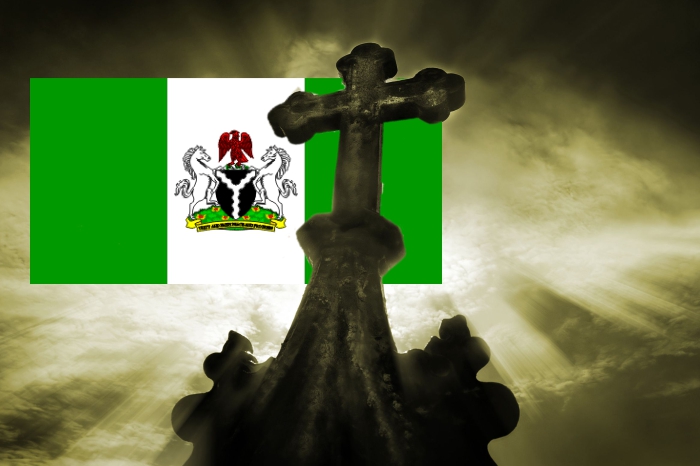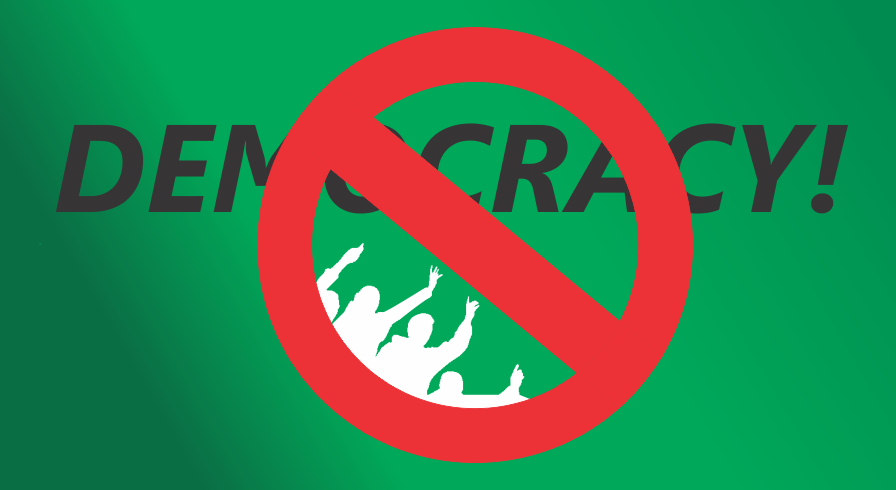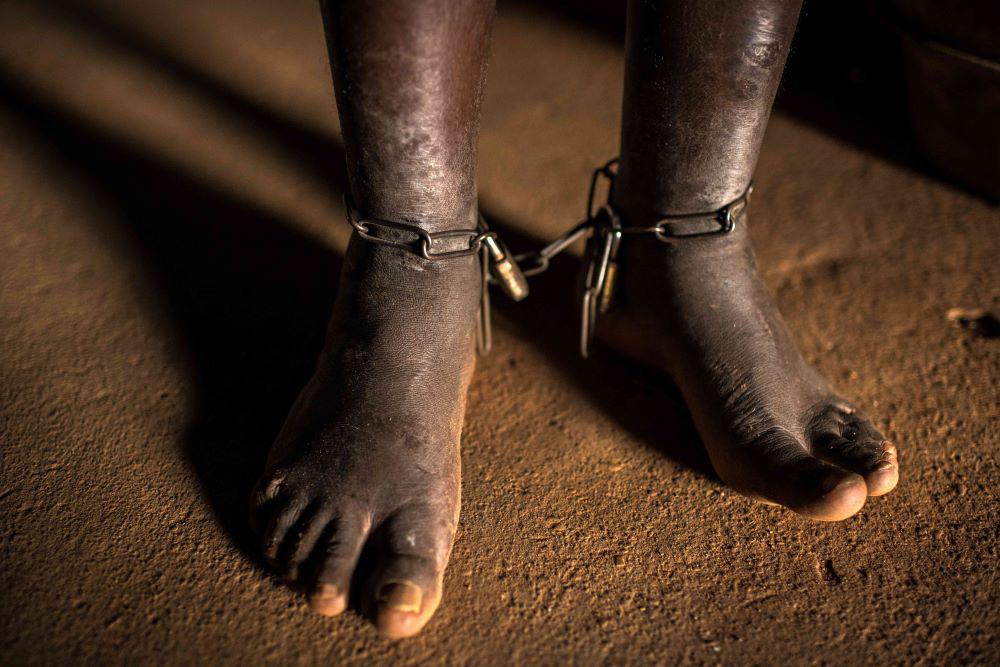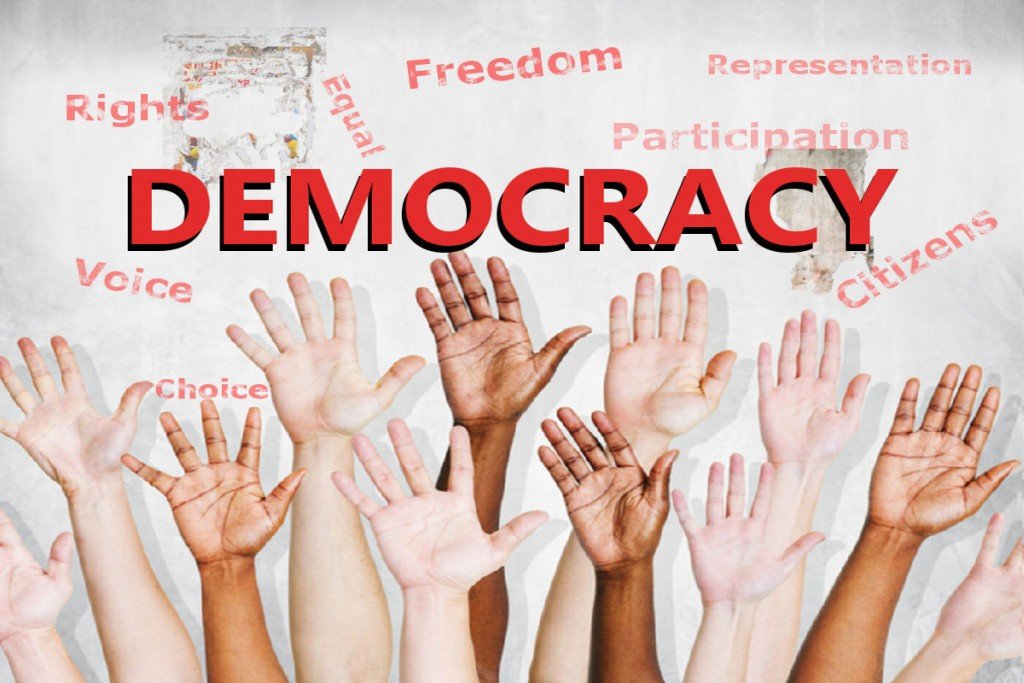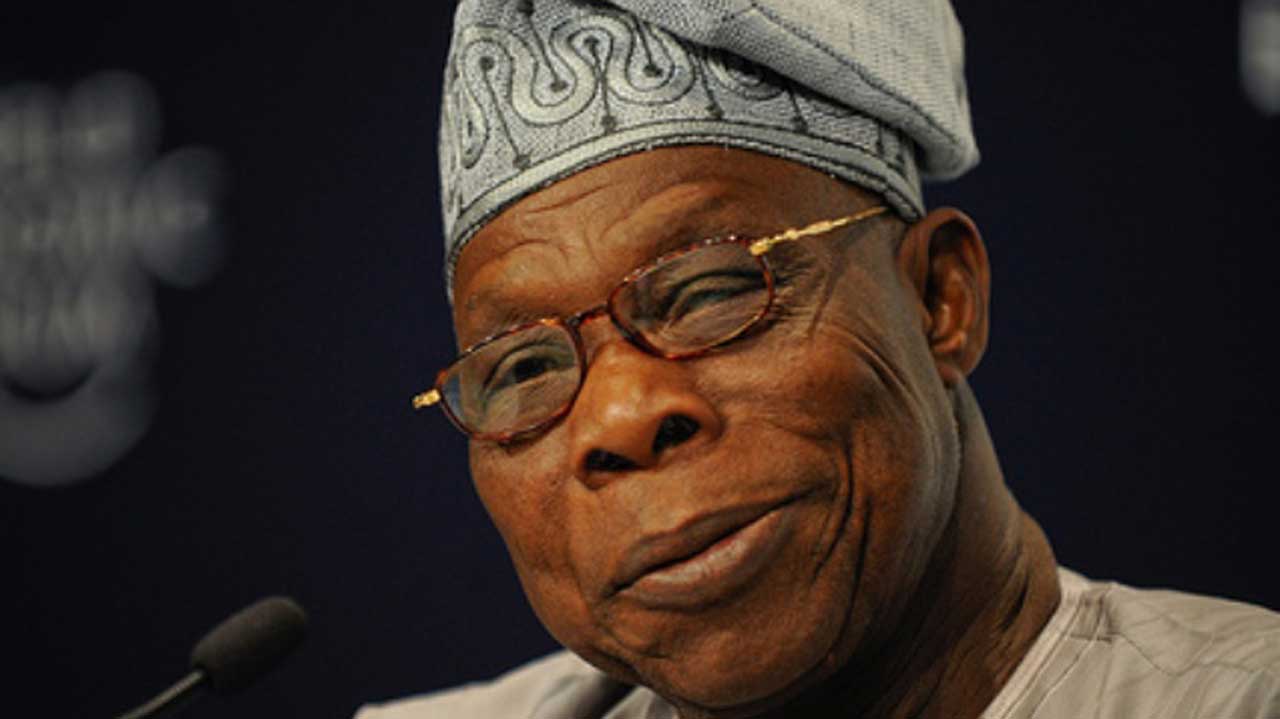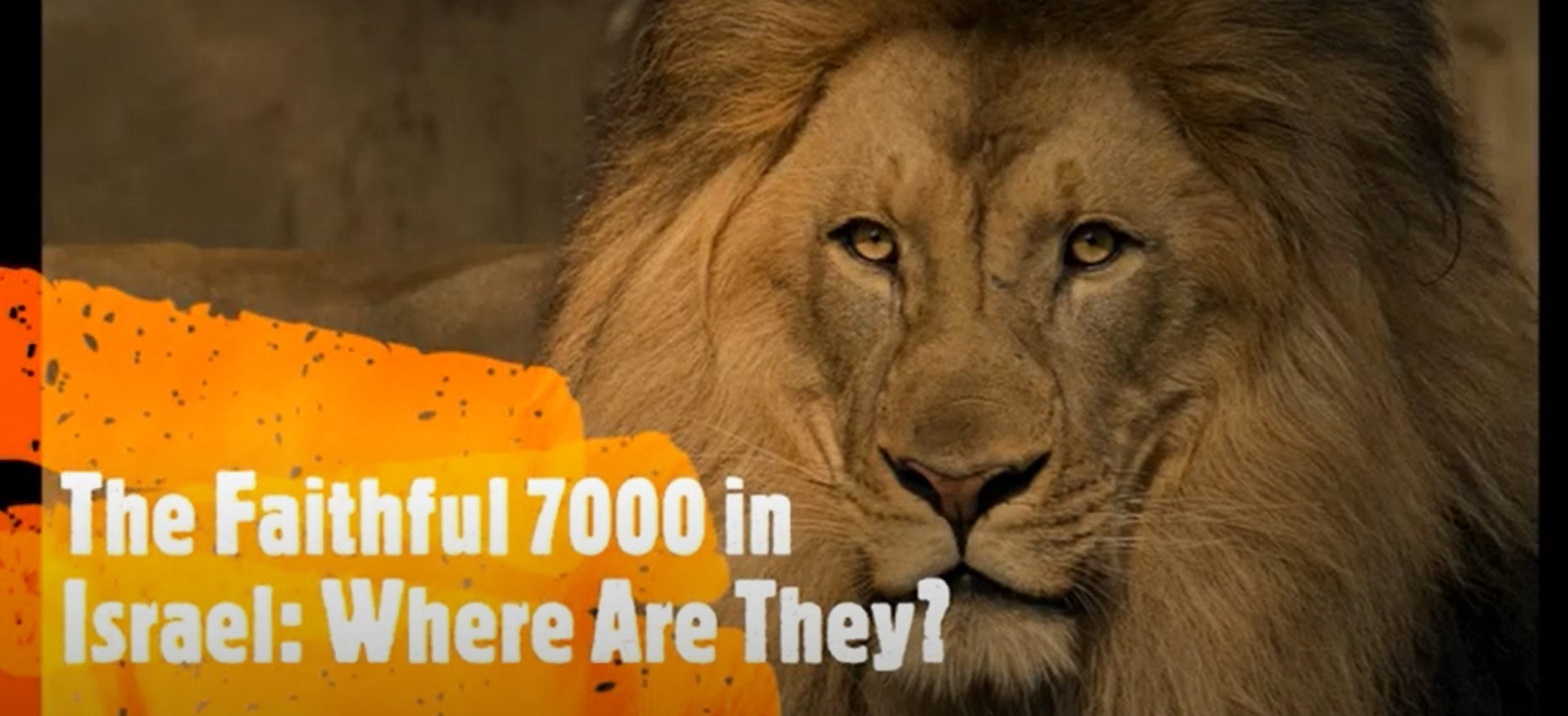NCEF Responds with Petition to Inspector General of Police; Ardo Bulama must be arrested and prosecuted for treasonable felony.
A disturbing voice note was circulated in the Social Media sometime in August 2020 of a certain Fulani man named Ardo Bulama. Speaking with hate and fury in Hausa, Ardo Bulama repeatedly swore that all the indigenous ethnic nationalities in southern Kaduna and all the Christians in Nigeria shall be killed. He threatened that “Any law enforcement agent that enters this our fight between Fulani and Christians I swear he is not part of our fight but if he enters we will finish him.”


